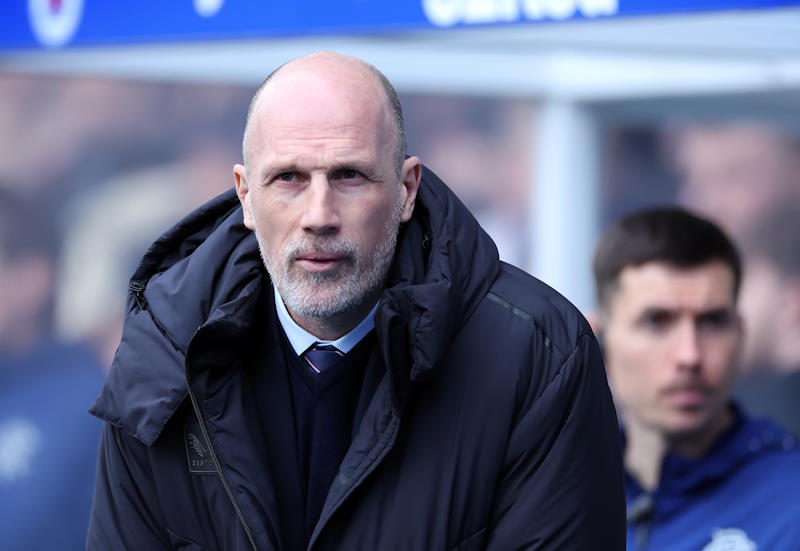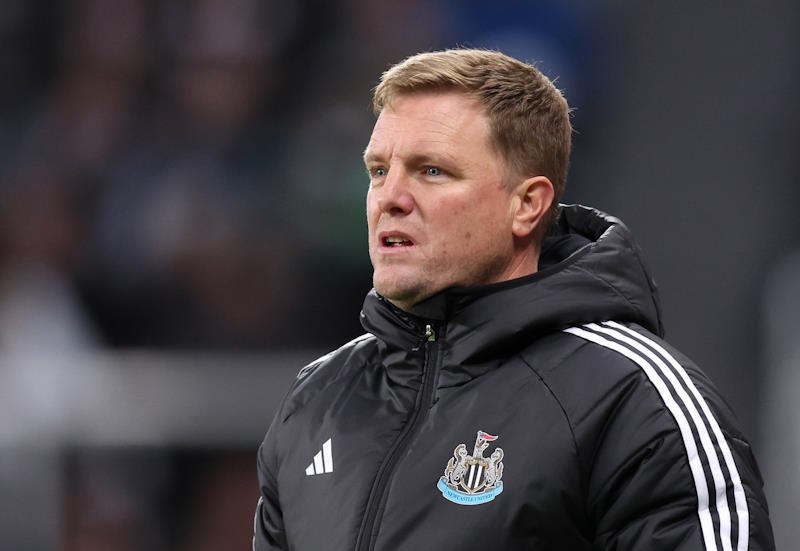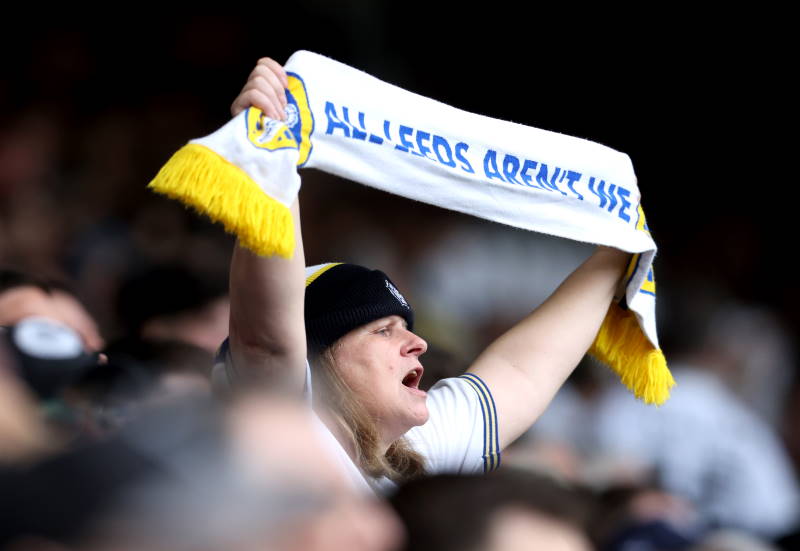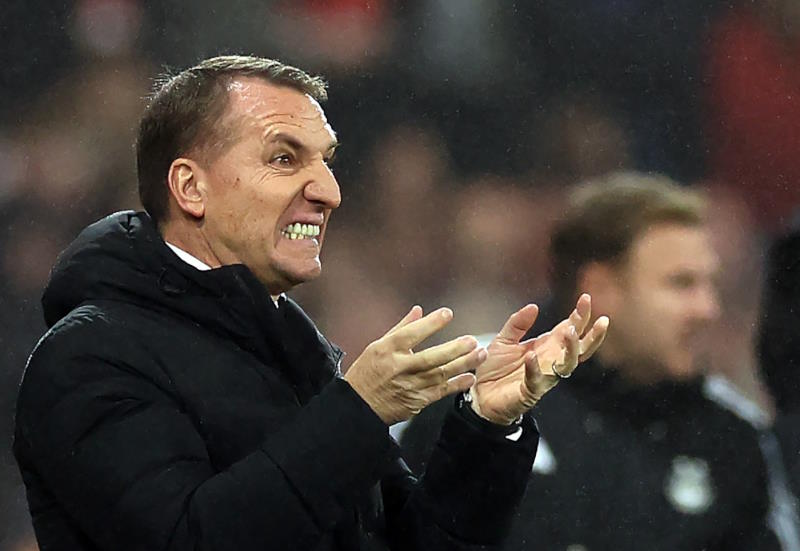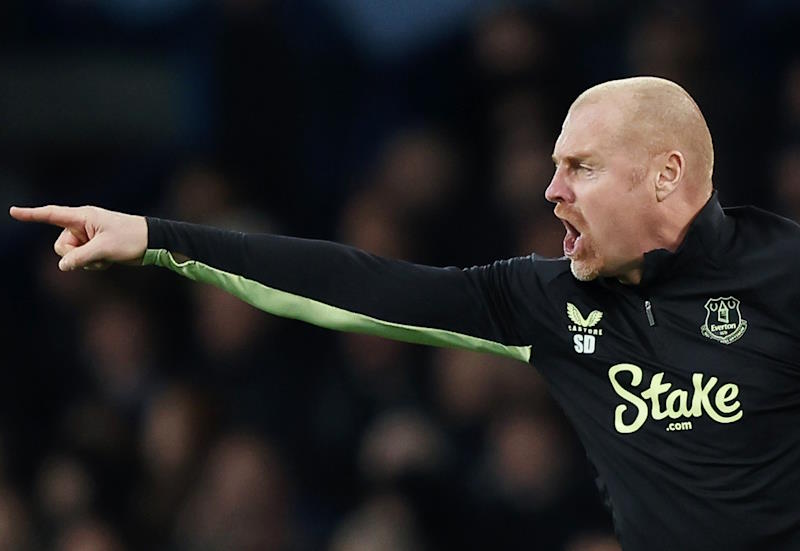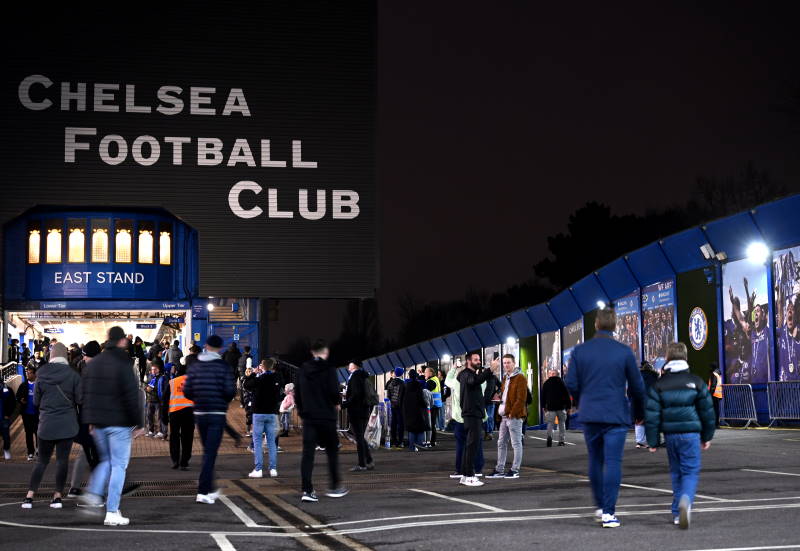
The CONCACAF Gold Cup takes place from 5th to 25th June in the United States, and this is the 11th edition of the tournament. As the region continues to develop, this promises to be the most competitive tournament to date. While the Gold Cup has been dominated by Mexico and the United States since its inception in 1991 (only Canada have managed to break the two teams’ stranglehold on the trophy), the competition improves every edition and there usually is no shortage of surprises.
The 2011 Gold Cup kicks off on the 5th of June with action from Group A. Mexico, Costa Rica, El Salvador, and Cuba are the four teams that make up this group, and while Mexico and Costa Rica are the big favourites to take the top two spots, El Salvador and Cuba will ensure that this is an interesting section.
Reigning champions Mexico will be satisfied with nothing short of another Gold Cup title following up from their success in 2009 when they destroyed an under-strength United States team in the final 5-0. Costa Rica, under new management now with the appointment of Ricardo La Volpe and having disappointingly missed out on qualifying for the 2010 World Cup, will be eager to make amends at this year’s Gold Cup.
El Salvador and Cuba are the rank outsiders in the section, but with two of the three groups in the Gold Cup seeing a team finishing third clinching a ticket to the quarter-finals, surely the El Salvador-Cuba clash in Chicago on 12th June will be one to watch. We take a look at the teams in Group A:
 Mexico
Mexico
Mexico are the most successful ever team at the CONCACAF Gold Cup having won the competition a record five times. Their most recent success came in last tournament in 2009 where, after squeaking by Costa Rica on penalties in the semi-finals, they thrashed a second-tier United States side 5-0 in the final. El Tricolor enter the 2011 tournament aiming to win back-to-back titles for the first time since 1998.
After a decent showing at the 2010 World Cup, Mexico are now under the leadership of new boss Jose Manuel de la Torre who is seeking to lead the team to the 2014 World Cup in Brazil. Undoubtedly, Mexico possess one of the best squads in the competition and if the side can hit top gear will sit alongside the United States as favourites to win the entire tournament.
Coach: Jose Manuel de la Torre
The 45-year-old was appointed manager of the national team last October after finding club success in the Mexican domestic scene. De la Torre has won Mexican league titles with Chivas and Toluca and after several coaching changes for El Tricolor in 2010, "Chepo", as he is widely known, was given the task of putting the national team back on track.
A distinguished player during his own career, De la Torre has found immediate success in the dugout and is one of the country’s brightest young managers. Though his reign has begun well, the Gold Cup will be his first real test and he will be expected to produce immediate results.
Key Player: Javier Hernandez
Arguably the best signing of 2010, Javier "Chicharito" Hernandez shot to prominence with Manchester United this year in his first season in European club football. Hernandez’ play for United over the 2010/11 campaign was one of the main reasons for the Red Devils’ success in winning a record 19th Premier League title and reaching the Champions League final. With over 20 goals in his debut season, "Chicharito" surprised many with his prolific strike rate.
In Mexico however, there was not the same sense of shock at the 22-year-old’s progress as the striker had hit the ground running back home, scoring 26 goals in 64 appearances for Chivas while with the club from 2006-2010.
 Costa Rica
Costa Rica
After a period of change in the dugout, chopping and changing, Costa Rica hope new boss Ricardo La Volpe can lead the Ticos to glory. The past two years have been difficult for the Central American nation, with one disappointment after another for the national team. At the 2009 Gold Cup against Mexico, Costa Rica contested a classic semi-final and managed to equalise at the death only to end up losing on penalties. That was not as tough to take however as, when just seconds away from another berth at the World Cup, Costa Rica conceded a late goal to the United States, sending Honduras to South Africa instead. This was followed by the Ticos ultimately failing to defeat Uruguay in a home and away playoff. Earlier this year, Costa Rica made it to the final of the Copa Centroamericana only to lose to Honduras
Now, with a new man at the helm in the experienced La Volpe, the goal is to get back on the winning track. Another semi-final spot would be considered a job well done, though if the side can hit top form, Costa Rica could certainly equal their achievement of 2002, when reaching the final.
Coach: Ricardo La Volpe
The former Mexico manager returned to international management with Costa Rica after taking over for Ronald Gonzalez last September. It will be his second stint as a national team coach after leading the Mexican national side for four years between 2002-2006. La Volpe has been coaching for nearly 30 years and has experienced success in Mexico mostly, leading Atlante to a league title in 1991.
He was widely respected for his work as Mexico coach, leading the country to a Round of 16 spot in the 2006 World Cup, while also winning the 2003 Gold Cup. As a player, the Argentine La Volpe was a solid goalkeeper whose claim to fame was as a reserve goalkeeper in Argentina’s 1978 World Cup winning side.
Key Player: Alvaro Saborio
29-year-old Saborio enters the 2011 Gold Cup as the most established goalscorer for Costa Rica. The striker has far and away the most goals of anyone in the country’s squad, having amassed 22 in 64 international appearances. Saborio currently plies his trade with MLS side Real Salt Lake and just last year won the MLS Newcomer of the Year thanks to his 12 goals in 27 appearances.
Before the Costa Rican landed in the United States, he had spells with Sion in Switzerland and Bristol City in England. While Saborio failed to impress with Bristol City, finding the net just twice in 21 appearances, he did manage to rack up 36 strikes over the course of a three seasons for Sion, winning a Swiss Cup in the process.
 El Salvador
El Salvador
Los Custcatlecos have gone through a period of underachievement in recent years, especially at the Gold Cup, having not emerged from the group stage since 2003. New manager Ruben Israel is setting the bar high in hopes of resurrecting Salvadoran football, aiming to qualify for the 2014 World Cup. A third place finish should be within their grasp in Group A, and this would be mean a potential spot in the quarter-finals, which would be an accomplishment and a step in the right direction.
Coach: Ruben Israel
Israel will look to make an immediate impact as he leads El Salvador to the Gold Cup – he was only appointed national team boss in early April. Though, the new coach has had little time to work with his squad, he is a vastly experienced manager who has enjoyed success with Club Libertad in Paraguay, winning a whole host of titles in 2007 and 2008.
Coaching since 1995, Israel spent the first decade of his managerial career almost exclusively at Montevideo-based sides. Before El Salvador picked him as the man to lead their revival, Israel had bossed in Colombia and Chile.
Key Player: Eliseo Quintanilla
The journeyman midfielder may have played for 12 clubs since his professional career began back in 1999, however he is held in high regard and tasked with being the man responsible for creativity in El Salvador’s midfield. Quintanilla began at FAS and Aguila in El Salvador, before impressive performances in his own domestic top flight earned a move to MLS outfit DC United in 2003.
Injuries have played their part in Quintanilla failing to find the consistency to remain at any one club for a long spell, but despite this his performances for his country have always been strong and the diminutive 28-year-old has 14 goals in 51 caps.
 Cuba
Cuba
In a land where baseball reigns supreme, Cuba hope to take strides in their football development at the Gold Cup. After withdrawing from the 2009 tournament due to worries over an inability to field a competitive team, the country are back for the 2011 edition, led by Raul Gonzalez Triana. There are, encouragingly for Cubans, signs of progress, with the squad coming off the back of a fine run in the Digicel Cup last autumn, only being stopped by Guadeloupe in the semi-finals. Defensively Cuba are a side that can hold their own, the question is where will the goals come from and can they match up against the stronger sides in the competition? This team are an unknown quantity with many questions to be answered at the Gold Cup.
Coach: Raul Gonzalez Triana
The Cuban manager has been at the helm since 2008 and has played a big part in the resurgence of the sport in his country in recent years. Triana is known for trying to play in a positive manner and his “Happy Soccer” style has made the 43-year-old a popular coach. This will be his first Gold Cup, after the 2009 edition withdrawal.
Key Player: Odelin Molina
The veteran goalkeeper has been a mainstay with the national team since 1999. The oldest member of Cuba’s Gold Cup squad, Molina is also by far the most experienced. The FC Villa Clara player is his country’s most capped player having turned out over 100 times, including in 23 World Cup qualifiers.
At club level, Molina has led Villa Clara to three Cuban First Division titles since joining the team in 1997. The shot-stopper provides proven leadership in what is an extremely young squad and this represents his last Gold Cup tournament.
>> Click here to read the Group B preview.
>> Click here to read the Group C preview.


